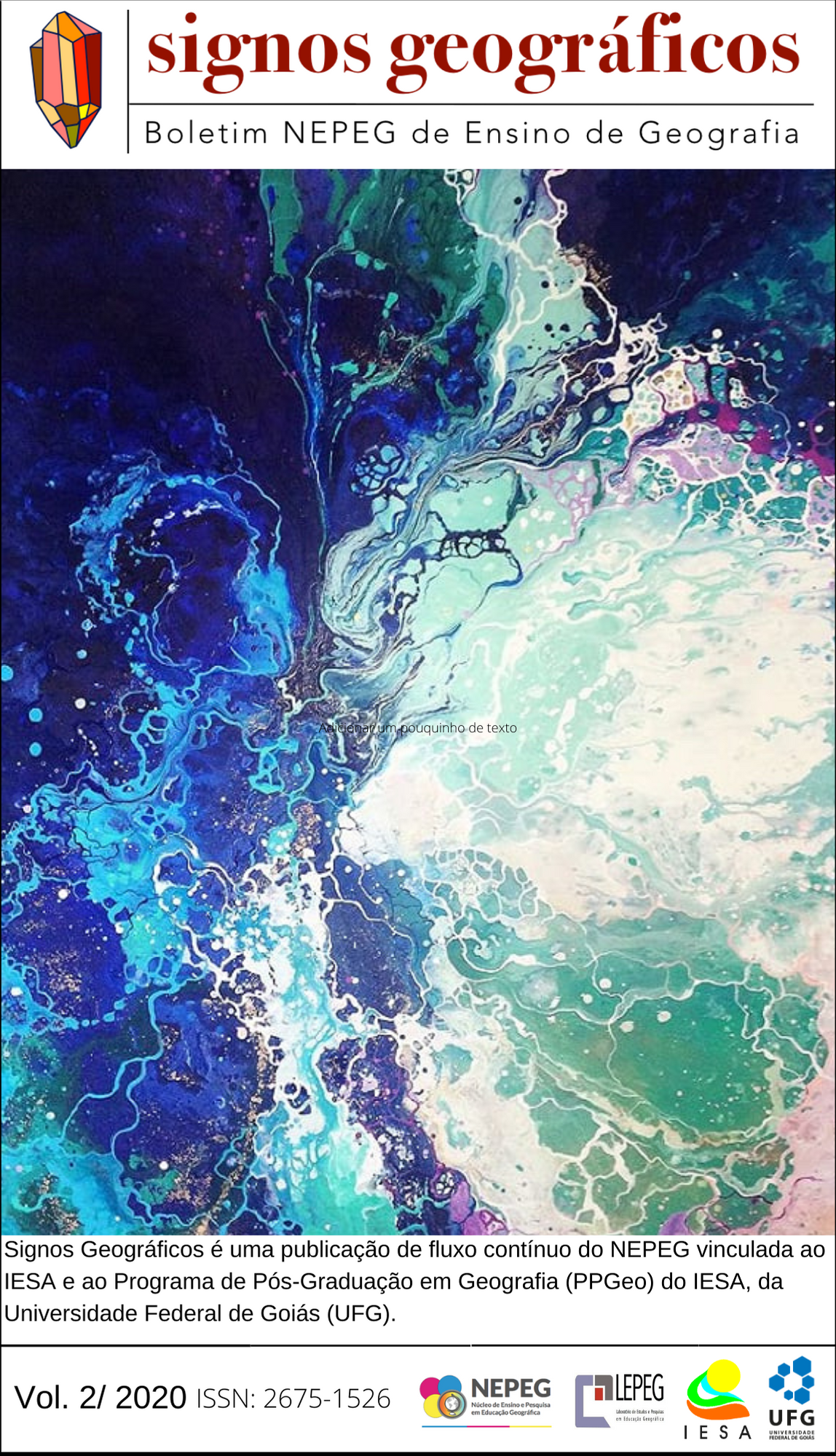PRODUCTION OF SPACE AND TRADITIONAL KNOWLEDGE IN AN URBAN CONTEXT. EXPERIENCE IN MAPUCHE EDUCATION IN THE CITY OF VALPARAISO, CHILE
Keywords:
ancestral knowledge, decolonial pedagogy, urban intercultural schoolAbstract
Throughout the history of Latin America, educational processes have been associated with so-called formal education, which has been marked by a dominant rationality imposed since the arrival of Europeans on the continent. The racial and ethnic diversity of the population, as well as its practices and representations, have been made invisible and marginalized from educational spaces such as schools, especially in urban areas. Thus, alternative educational projects to the dominant colonial trend have emerged, which seek to strengthen culture, transfer to the mestizo and/or non-indigenous population the ancestral culture that has been denied to them, and recover ancestral traditions and territorialities in the urban space. This paper reflects on the spatial/temporal differences that exist in the forms of education of a mapuche community in the city of Valparaiso in contrast to the colonial education model developed in the Public School. The aim is to reflect on the contributions of Geography to the recognition of mapuche ancestral knowledge in the city and its systematization for the generation of educational projects with a critical intercultural approach.








